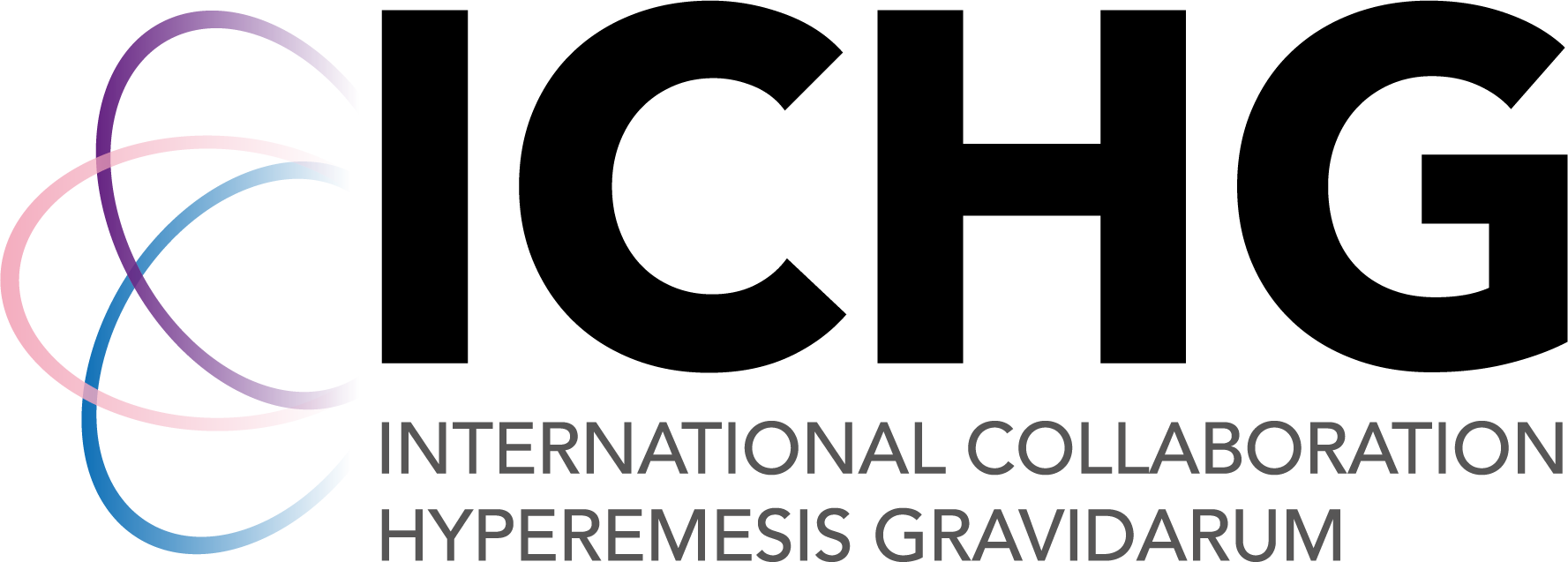Patient and Public Involvement and Engagement (PPIE) for Researchers
Patient and Public Involvement and Engagement (PPIE) is crucial for ensuring that HG research is relevant, inclusive, and ultimately beneficial for those affected by the condition. Engaging patients and the public in the research process helps shape more effective outcomes, ensuring that lived experiences inform every step of research development.
Research has been undeniably improved through PPIE in design, recruitment and dissemination. Women who have suffered HG are often highly motivated to take part in research and to collaborate with teams to ensure the research money is well spent and effective.
Why PPIE is Important
Relevance and Impact: PPIE ensures that research addresses the real-world concerns of those impacted by HG, improving the relevance and potential impact of your findings.
Quality of Research: Involving patients and the public can enhance the design and delivery of studies, ensuring that they are accessible, understandable, and applicable to the communities they aim to serve.
Ethical Research: It fosters a more inclusive research process, where the voices of those affected are valued and incorporated, leading to better, ethically sound outcomes.
How to Conduct PPIE in Your Research
Define Clear Roles for Involvement
Establish how patients or public members will be involved at different stages of your research—whether in project design, data collection, analysis, or dissemination of findings.
Recruit and Support Involved Groups
Reach out to patient organisations and community groups who can offer diverse perspectives on your research. Ensure that their involvement is meaningful by providing support, such as compensation, training, and flexibility in meeting times.
Create an Inclusive Environment
Ensure that all materials (e.g., patient information sheets, consent forms) are accessible and written in clear, non-technical language. Consider any accessibility needs for people with disabilities.
Engage Early and Regularly
Involve patients and the public from the very beginning of your research. Regular check-ins and feedback loops ensure that their insights are integrated throughout the project.
Feedback and Acknowledgement
Provide regular updates on how their contributions have shaped the research. Acknowledge their involvement in any publications or reports.
Training and Capacity Building
Offer training opportunities to enhance the involvement of public participants in research. This may include familiarising them with research methods, data interpretation, and ethics.
Key Considerations
Respect and Equality: Ensure that patients and public members feel respected and valued as partners in the research process.
Confidentiality: Respect the confidentiality of all participants, ensuring that any data shared is managed in line with ethical guidelines and privacy laws.
Should PPIE Should Be Compensated?
YES! Engaging patients and the public in research is a valuable and essential part of the research process, and their time and expertise should be compensated accordingly. Their lived experiences, insights, and contributions significantly enrich the research, making it more relevant, inclusive, and impactful.
Why PPIE Should Be Paid For:
Value of Time and Expertise:
Public contributors offer their time, knowledge, and lived experiences. This expertise is vital to ensuring that research is truly reflective of the needs and concerns of those affected by the condition. Compensation acknowledges their invaluable contributions.Fairness and Respect:
Providing fair remuneration demonstrates respect for the individuals involved. It ensures that the relationship is seen as a professional partnership rather than a voluntary or one-sided engagement.Inclusivity:
Paying PPIE contributors helps to remove barriers to involvement, ensuring that individuals from diverse backgrounds have the opportunity to participate. This is especially important for those who may face financial constraints but possess essential insights into the research topic.Acknowledging the Commitment:
PPIE involvement requires a time commitment for meetings, consultations, and feedback. Compensation ensures that participants are adequately recognised for their contribution to the research process.Ethical Considerations:
Ethical research practices involve ensuring that everyone who contributes to the research process is treated fairly. Paying for PPIE helps uphold these ethical standards and avoids exploitative practices.
By compensating for PPIE, you not only adhere to best practices but also empower patients and the public to be active, engaged contributors to your research. This approach leads to more ethical, inclusive, and impactful research outcomes.
How Much Should Be Paid?
The National Institute for Health and Care Research (NIHR) provides guidance on appropriate compensation for public contributors. According to their recommendations, public contributors should be compensated for their time at a rate that reflects the nature of their involvement, with rates typically ranging from £20 to £100 per hour, depending on the level of expertise and responsibility required. The key is to ensure that the compensation is fair, transparent, and commensurate with the time and expertise contributed.
Getting Started
Register your study on the ICHG database:
Researchers may access experienced Patient and Public Involvement and Engagement (PPIE) contributors throught our international network. This registry supports the development of a global overview of current HG research activity and facilitates meaningful connections between researchers, clinicians, and patient advocates worldwide.
Connect with Patient Organisations and Public Groups:
When reaching out to patient organisations, it’s essential to approach them in a respectful and professional manner. Do not directly approach their communities; patient organisations act as gatekeepers to their communities, and building trust is crucial to facilitating meaningful PPIE. Collaborate with these organisations to ensure that any engagement is ethical and that their community members are genuinely willing to participate.
